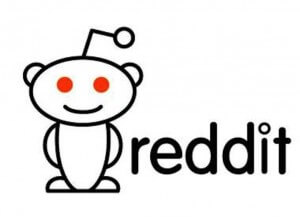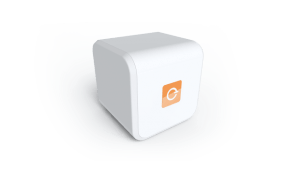 A big deal has been made of bandwidth when using Netflix, especially so after the streaming service had to arrange a payment agreement with Comcast because it was throttling customers — a fee that amounted to little more than protection money from a mob shakedown.
A big deal has been made of bandwidth when using Netflix, especially so after the streaming service had to arrange a payment agreement with Comcast because it was throttling customers — a fee that amounted to little more than protection money from a mob shakedown.
Netflix also publishes a monthly report that calls out ISPs for their speeds. Since that public shaming wasn’t really enough, the company is now releasing its own speed test so it’s customers can see exactly what it is they are paying for.
The new site, which goes by the name fast.com, is similar to some existing services. It’s the same, but different from what the company has been doing.
“This consumer speed test is different than our Netflix ISP Speed Index. Fast.com measures your personal Internet connection at any given time. The speed index measures average monthly speeds of actual Netflix streams during prime time hours”, Netflx claims.
The service works in every country and you don’t have to be a Netflix customer use it. It’s also free, which is always a plus for people.

 It’s a cliche that’s almost as old as the internet itself, and it’s summed up succinctly by
It’s a cliche that’s almost as old as the internet itself, and it’s summed up succinctly by  It always seemed like a curious thing to me. Does the word “internet” need to be capitalized? I’d seen it printed that way many times over the years. It sorta made sense. If you think of “the internet” as a singularly-defined, proper place, then it deserves the same type of grammatical treatment as California or Japan. And while it may seem that the world has just one internet, that really isn’t true. Some countries have government-run internets that can be closed off from the rest of the world. This means that there can technically be more than one internet. But there can only ever be one Ireland or one Botswana. That seems like as good a reason as any for the Associated Press (AP) to
It always seemed like a curious thing to me. Does the word “internet” need to be capitalized? I’d seen it printed that way many times over the years. It sorta made sense. If you think of “the internet” as a singularly-defined, proper place, then it deserves the same type of grammatical treatment as California or Japan. And while it may seem that the world has just one internet, that really isn’t true. Some countries have government-run internets that can be closed off from the rest of the world. This means that there can technically be more than one internet. But there can only ever be one Ireland or one Botswana. That seems like as good a reason as any for the Associated Press (AP) to 
 Guarding your privacy online can be a real challenge. There are so many systems out there designed to track your every mouse click, it’s impossible to try and keep track of them all. And while you can give yourself a baseline level of protection by adjusting some browser settings, that may not be enough to keep you truly guarded. Many different companies have come up with tools to help users maintain their online privacy and eBlocker is the latest to enter this field.
Guarding your privacy online can be a real challenge. There are so many systems out there designed to track your every mouse click, it’s impossible to try and keep track of them all. And while you can give yourself a baseline level of protection by adjusting some browser settings, that may not be enough to keep you truly guarded. Many different companies have come up with tools to help users maintain their online privacy and eBlocker is the latest to enter this field. Let’s face it. Everyone needs a website in 2015. Gone are the days when you can live in blissful ignorance of the Internet and its impact on the world. Especially if you’re a business owner. And while web technology has improved dramatically over the years, the tools to build websites haven’t really kept up. That’s where services like Wix, a free website builder, come in. Wix promises a simple interface for building custom websites and many people have used it for just that reason.
Let’s face it. Everyone needs a website in 2015. Gone are the days when you can live in blissful ignorance of the Internet and its impact on the world. Especially if you’re a business owner. And while web technology has improved dramatically over the years, the tools to build websites haven’t really kept up. That’s where services like Wix, a free website builder, come in. Wix promises a simple interface for building custom websites and many people have used it for just that reason. Bay Area historical website OldSF has created an
Bay Area historical website OldSF has created an